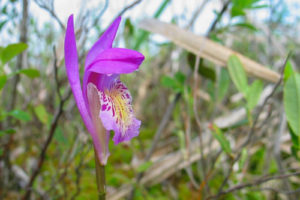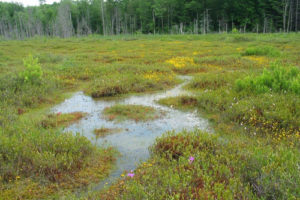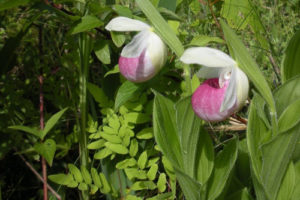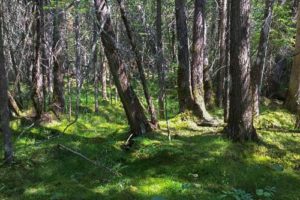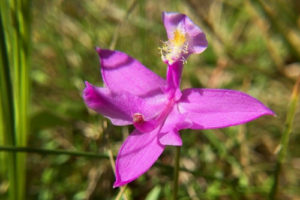Peatland Ecology: The Wonders of Bogs, Fens, and Peat Swamps
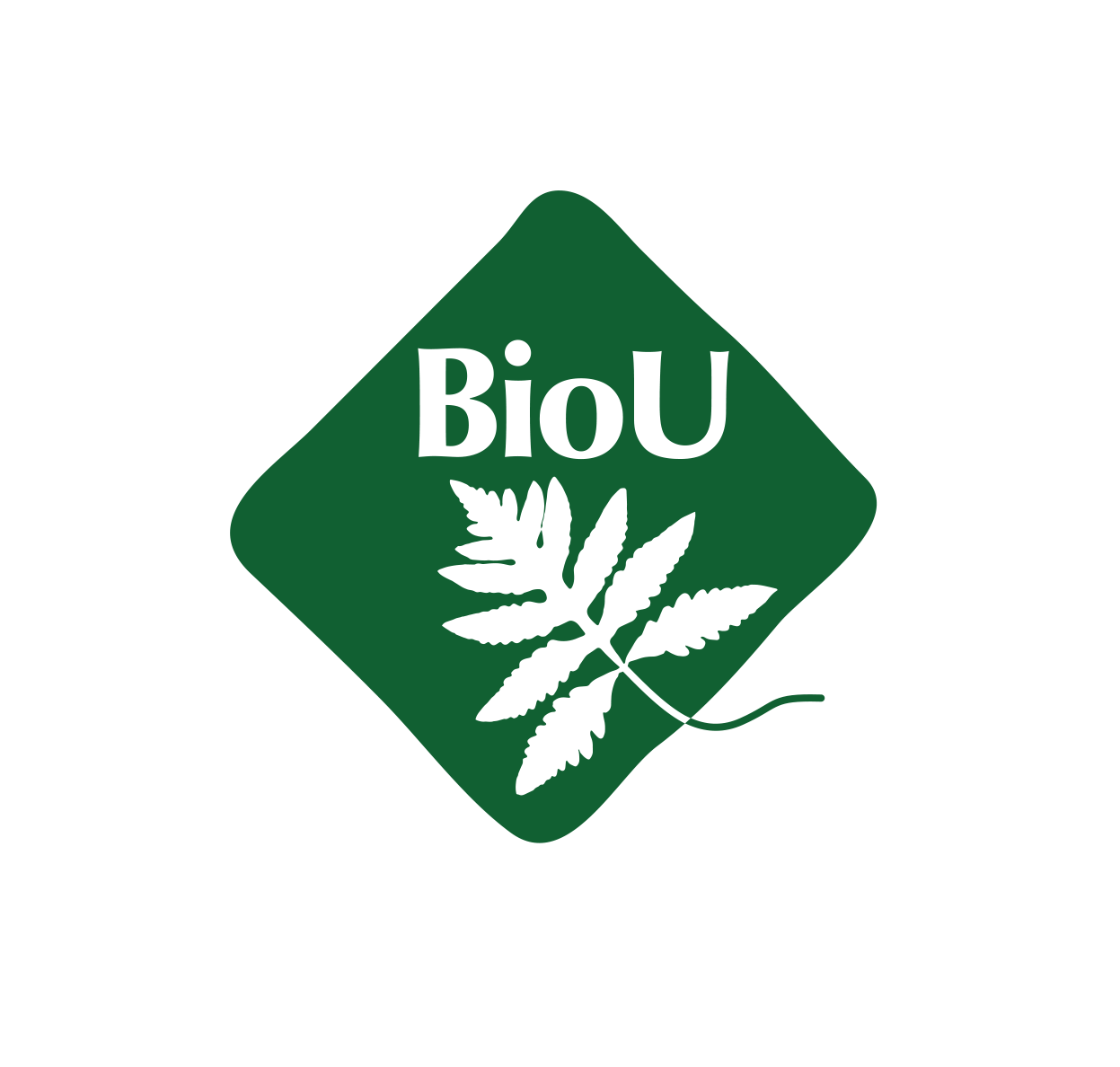
Instructors: Liz Thompson and Eric Sorensen
June 22 – 23 | $295
T
his course will get participants out into some of Central Vermont’s finest bogs, fens, and peat swamps – all spectacular and rare wetlands. We will discuss and explore what creates the differences between acidic, nutrient-poor bogs and more alkaline, nutrient-enriched fens and cedar swamps. We will examine the vegetation, learn how to identify common and rare species, and discuss the special role that Sphagnum plays in peatland ecology. We will sample water chemistry and soils and relate these to other ecological factors and vegetation. The mid-June timing of this field course will be ideal for seeing orchids and breeding birds that inhabit Vermont’s peatlands.
Course Objectives and Goals
- Become familiar with the variety and beauty of Vermont’s bogs, fens, and peat swamps.
- Gain an understanding of the ecological factors at work in peatlands, especially hydrology, geology, water chemistry, climate, and vegetation.
- Learn the dominant and rare vegetation of Vermont’s peatlands, including trees, shrubs, herbs, and mosses.
- Identify birds and other animals characteristic of the bogs, fens, and peat swamps.
About the Instructor(s)
Liz Thompson and Eric Sorensen are co-authors of Wetland, Woodland, Wildland: A Guide to the Natural Communities of Vermont, the state’s primary resource for classifying Vermont’s physical and ecological settings.
Liz Thompson is an ecologist who began her career in the peatlands of Maine, where she studied raised bogs on the coast and helped with the publication of a book on the Peatlands of Maine. She then moved to Vermont to further her study of peatlands as a graduate student at UVM. She studied patterned peatlands near the Québec/Labrador border. Since then her interest in bogs and fens has continued, and she loves to discover new peatlands and share their treasures with students. Liz is the Director of Conservation Science at the Vermont Land Trust, and teaches field botany in UVM’s Field Naturalist graduate program.
Eric Sorenson is an ecologist with Vermont Fish and Wildlife Department. He began his study of peatlands in northern Michigan and then studied patterned fens of northern Maine as a graduate student at the University of Maine, including a report on this rare peatland type with the Maine Critical Areas Program. He has worked as an ecologist in Vermont since 1988 and has continued to study bogs and fens, including a statewide inventory completed in 2016. Bogs and fens, their bryophytes and animals, remain a favorite of his. Eric is the Natural Community Ecologist with the Vermont Fish & Wildlife Department.
Lodging Options
Biodiversity University is no longer offering lodging for participants. However, there are several nearby options at a similar price point. We recommend the following options:
- Capitol Plaza ($200/night; Montpelier)
- The Inn at Montpelier ($200/night; Montpelier)
- High Hill Inn ($150/night; East Montpelier)
- Comfort Inn and Suites ($120/night; Berlin VT)
- Marshfield Inn and Motel ($100/night; Marshfield, VT)
- AirB&B ($60-$150+/night; options vary)
Meals
Saturday breakfast, field lunch, and family-style dinner included.
Sunday breakfast and field lunch included.
Required Materials and Recommended Reading
No readings necessary for this course. Bring either rubber boots for dry feet or old sneakers for better experiencing bog water with wet feet; and dry shoes to change into. Bring field gear that you have, including field notebook, hand lens, binoculars, any favorite field guides or apps (count on no cell service), and camera. Be prepared for black flies and mosquitos. Rain or shine, so bring rain gear.
Timing
Course begins 8 AM on June 22 at North Branch Nature Center. Course concludes at 5 PM on June 23 at North Branch Nature Center. Any participants arriving Friday evening will be met by a staff member for an orientation and welcome.
Academic Credit / Professional Development options:
This course qualifies for 1 graduate-level science credit for an additional $150 course fee. All BioU courses are accredited by Castleton University. It is each student’s responsibility to ensure that their home institution will transfer the credit. Participants pursuing academic credit will be required to complete an additional assignment above and beyond the course hours, including literature review, reflective writing, and/or a field-based project.
This course qualifies for 22 hours of professional development hours and continuing education units. Certificates of completion are included in the course fee, and are available upon request.
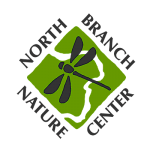
713 Elm Street
Montpelier, Vermont 05602
(802) 229-6206
Hours: Center Open Monday-Friday 9-4
Trails Open 24/7

